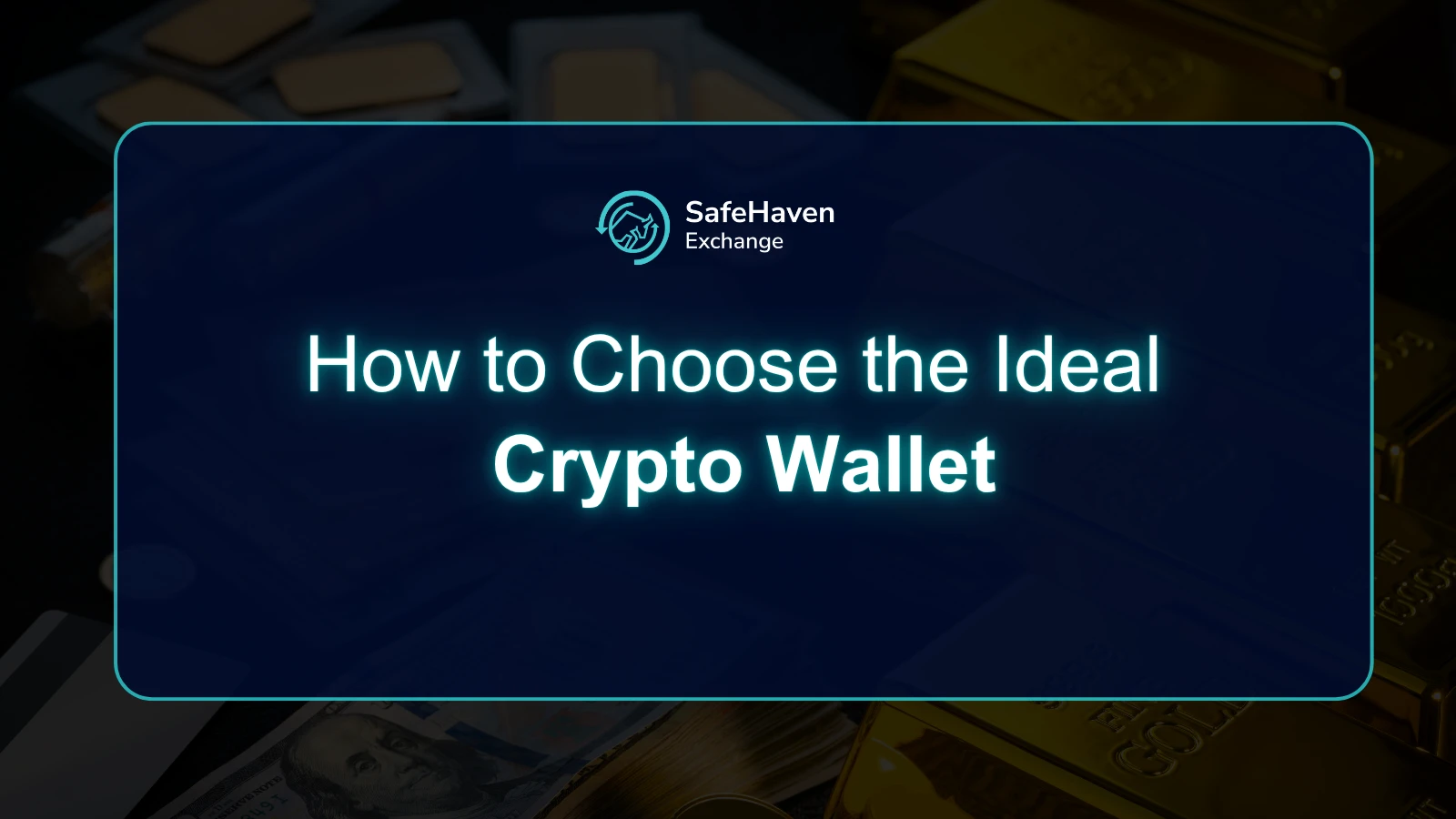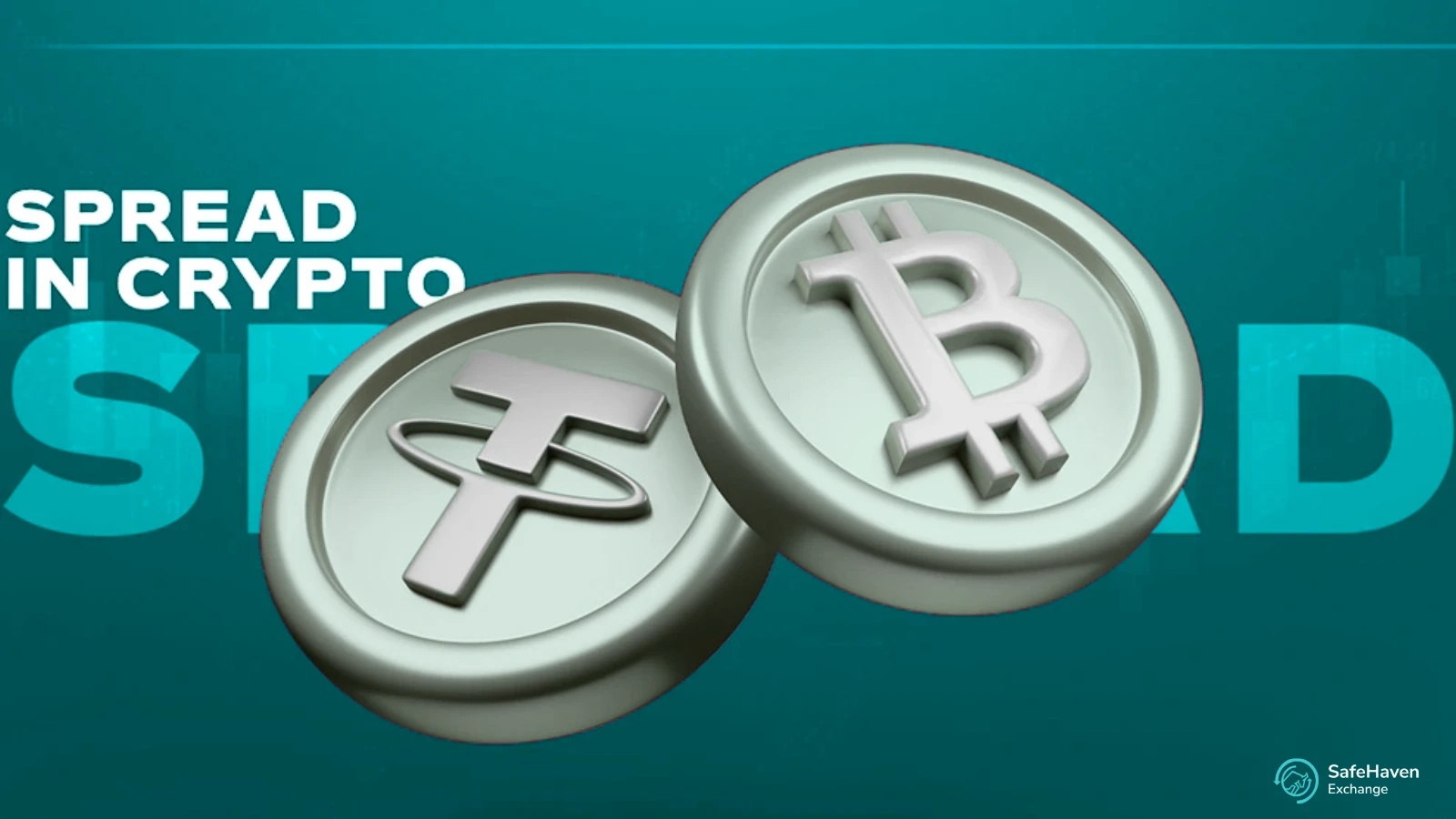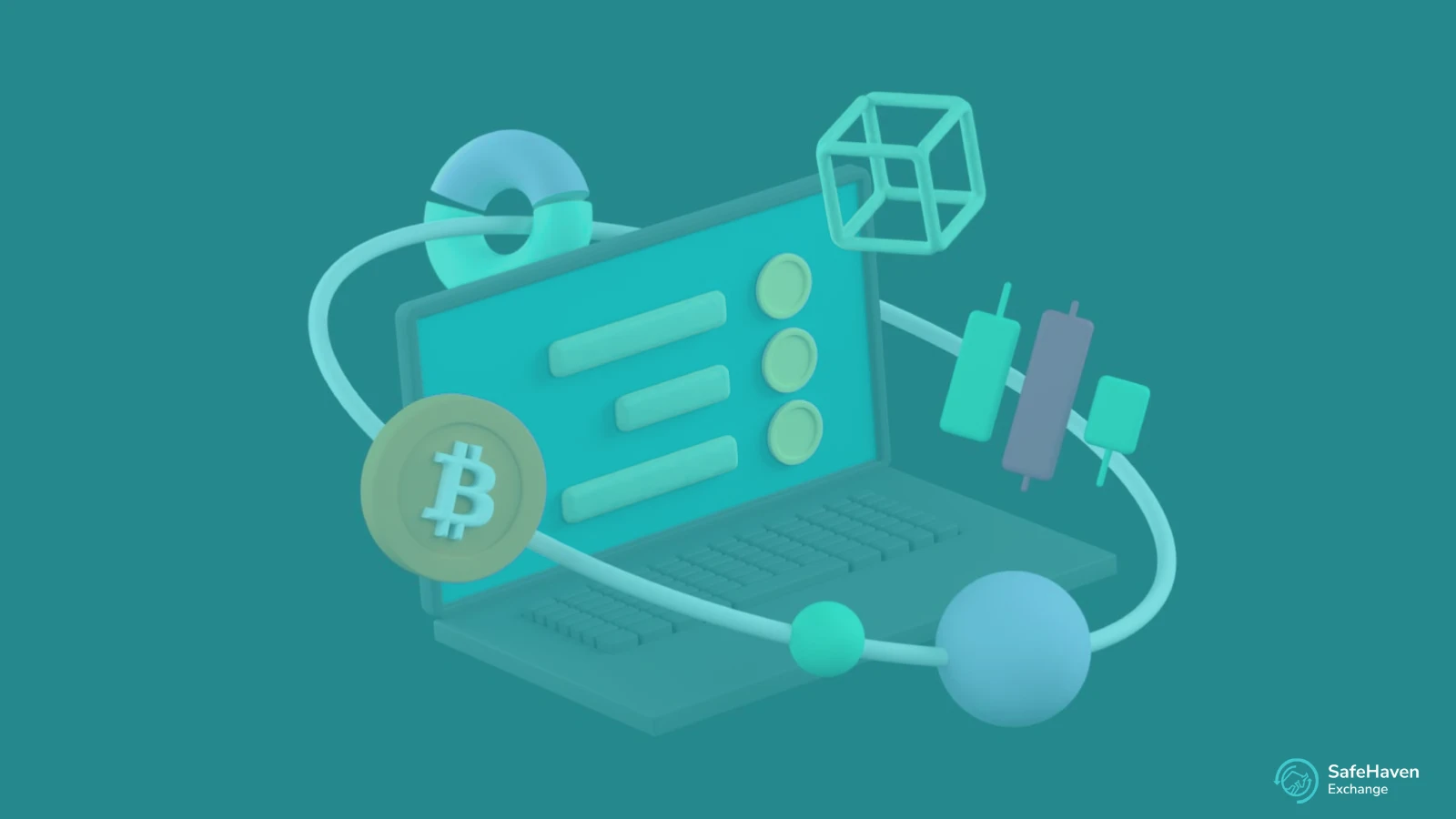Finding the perfect place to store your cryptocurrency can feel overwhelming, right? When it comes to managing your digital assets, having a reliable crypto wallet is absolutely essential. In 2024, the options are vast and can be confusing to navigate. That’s why we’re diving into what fintechzoom.com crypto wallet reviews reveal about the top wallet choices, helping you gain a clear understanding.
Your crypto wallet is more than just a digital container for your coins—it acts like a personal vault for your Bitcoin, Ethereum, and other cryptocurrencies. Choosing the right wallet lets you send, receive, and track your digital funds easily. Picking one that matches your usage style truly makes a difference.
In this guide, we’ll break down everything you need to know about selecting the best wallet. From key features to practical tips, and how fintechzoom.com crypto wallet recommendations can guide you, we aim to make the process straightforward and stress-free.
Identifying Your Crypto Wallet Requirements
Before settling on any crypto wallet, it’s important to assess your actual needs. Are you just entering the crypto world with a small Bitcoin investment? Or do you intend to trade multiple coins frequently? Your usage pattern will strongly influence the best wallet choice for you.
Some users prefer holding digital assets long-term, hoping for value appreciation. Others require rapid access for active trading. Defining your purpose early helps you choose a fintechzoom.com crypto wallet that fits your unique needs.
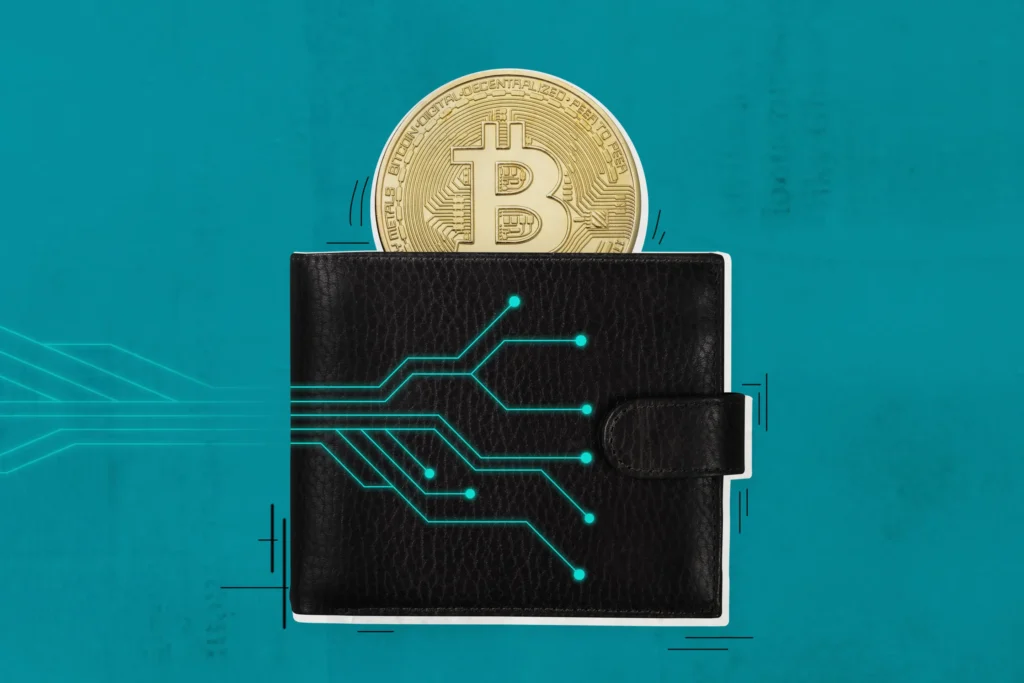
Consider how often you’ll interact with the wallet, the amount you’ll store, and which cryptocurrencies you plan to use. These factors greatly impact the ideal wallet for you.
What Exactly Is a Crypto Wallet?
A crypto wallet isn’t a physical wallet you carry around. Instead, it’s software or hardware designed to securely store your digital currency credentials and enable transactions. Essentially, it holds the cryptographic keys proving your ownership of your cryptocurrencies.
Think of it as your digital vault—while it doesn’t physically store coins, it safeguards the unique codes that allow you to move your assets. These keys are your access to the blockchain, a decentralized ledger of all crypto transactions.
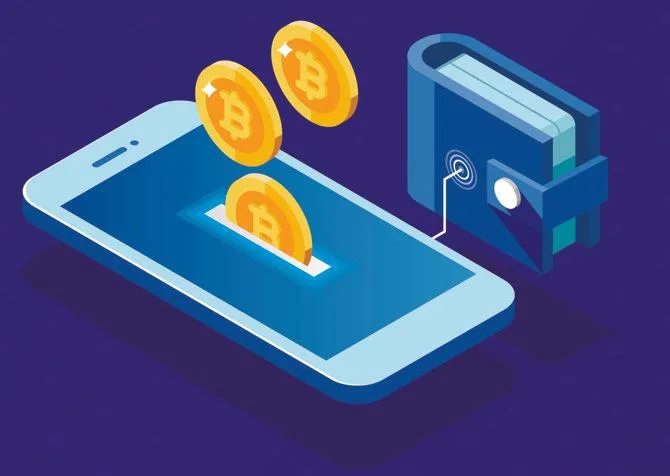
Every wallet has a public address, similar to a bank account number, where others can send you crypto. The private key acts like your secret PIN, granting access to your funds. Protecting this private key is critical, as anyone with it can control your assets.
Hot Wallets vs. Cold Wallets: Key Differences
Crypto wallets come in two main types: hot wallets and cold wallets. Hot wallets are connected to the internet continuously, making them very convenient for quick transactions. These are often software-based wallets accessible via phone, desktop, or web browsers.
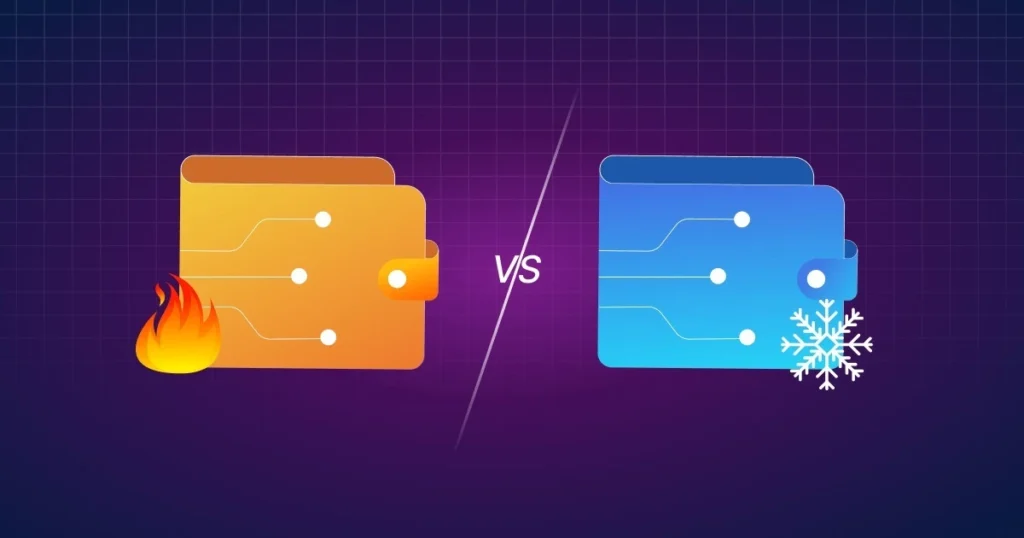
Cold wallets, by contrast, remain offline. Examples include hardware devices like USB drives or even paper wallets. Because they’re disconnected from the internet, cold wallets offer enhanced security against hacking attempts.
Each type serves a different purpose. Hot wallets are best for small amounts and frequent use, while cold wallets suit long-term holders safeguarding larger sums. Finding the right balance between convenience and security is key.
How Does a Bitcoin Wallet Function?
A Bitcoin wallet stores your public and private keys. When someone sends Bitcoin to you, the transaction is recorded on the blockchain—a public transaction record. Your public key indicates that the Bitcoin belongs to you.
To spend your Bitcoin, the wallet uses your private key to digitally sign the transaction, proving ownership without exposing your private key itself. This secure method applies to most cryptocurrencies, not just Bitcoin.
Wallets help manage these keys and facilitate interactions with various blockchain networks. Once you grasp the basics, operating a crypto wallet becomes quite straightforward.
fintechzoom.com’s Expert Picks for the Best Crypto Wallets in 2024
The team at fintechzoom.com crypto wallet reviews extensively evaluates the top wallets in 2024, considering factors like security, ease of use, and coin support. Their detailed analyses aim to help you find the wallet that best matches your requirements.
When looking at fintechzoom.com’s recommendations, keep in mind they focus on user feedback and long-term performance. Their insights equip you to make an informed decision tailored to your experience level and crypto goals.
They highlight features valuable for beginners and experienced users alike, making their guidance practical and accessible.
Essential Security Features to Look For
Security is paramount when selecting a crypto wallet. Protecting your digital funds from theft and hacking is critical. fintechzoom.com emphasizes the importance of robust security measures.
Look for wallets offering two-factor authentication (2FA), which requires a second verification step—like a code from your phone—in addition to your password. This adds a strong defense layer.
Multi-signature support is another powerful feature, requiring multiple approvals for a transaction, ideal for shared wallets or extra security on large transfers.
Some wallets include a “secure element” chip that isolates private keys from the device’s main system, safeguarding them even if malware is present.
Regular independent security audits are a good sign that a wallet takes protection seriously. fintechzoom.com often highlights these security practices in their reviews.
User-Friendliness and Accessibility
A secure wallet is only useful if it’s easy to operate. fintechzoom.com also assesses how intuitive a wallet is. Simple navigation, clear transaction processes, and a straightforward interface improve your experience, especially if you’re new to crypto.
Wallets with built-in tutorials or guides help beginners learn quickly and confidently manage their assets.
If a wallet makes sending, receiving, and checking balances hassle-free, it’s a big plus.
Supported Cryptocurrencies and Versatility
Not all wallets support every cryptocurrency. Some handle only Bitcoin, while others support hundreds of coins and tokens.
Check which cryptocurrencies a wallet supports before committing. If you only need Bitcoin, a specialized wallet might suffice. But if you trade or hold Ethereum, Litecoin, or altcoins, choose a wallet that supports multiple coins to avoid juggling several wallets.
Some wallets even let you swap coins directly within the app, which saves time and transaction fees.
Wallet Costs and Fees Explained
Crypto wallets can be free or require a one-time purchase, especially hardware wallets. Transaction fees are typically paid to blockchain networks, but some wallets add small service fees.
Hardware wallets cost upfront but don’t charge ongoing fees for storage, making them a good investment for long-term holders.
Software wallets are usually free to use, though sending crypto still incurs network fees which fluctuate based on network traffic.
Some wallets allow fee adjustments, letting you pay less for slower transactions or more for faster ones—offering control over costs.
fintechzoom.com breaks down these fees clearly in their reviews.
Selecting the Best fintechzoom.com Crypto Wallet for Your Needs
The ideal fintechzoom.com crypto wallet depends on your personal usage, amount held, and tech comfort level. There’s no one-size-fits-all answer.
Active traders need fast, versatile wallets with advanced features. Long-term holders prioritize security and offline storage. Beginners benefit from simple, user-friendly wallets.
Understand your preferences and pick a wallet that aligns with your lifestyle.
For Crypto Beginners
If you’re new, start with a straightforward software wallet. These are free, easy to set up, and support common cryptocurrencies. Mobile wallets are especially handy for managing crypto on the go.
fintechzoom.com often recommends wallets with clear user interfaces and helpful customer support for novices.
Look for wallets that simplify buying and selling within the app to make your first crypto experience smooth and less intimidating.
For Active Cryptocurrency Traders
Traders require quick access and broad coin support, often using hot wallets integrated with exchanges. These wallets enable fast trades and may include advanced tools like price charts.
However, traders must balance convenience with security by keeping larger funds in offline wallets.
fintechzoom.com advises choosing wallets with fast transaction processing and good liquidity for active trading.
For Long-Term Crypto Holders
Long-term investors prioritize security and typically opt for cold storage solutions like hardware wallets. These devices keep private keys offline, protecting against online threats.
Hardware wallets cost money upfront but provide superior protection. fintechzoom.com highlights them as the safest choice for serious holders.
Paper wallets are another option but require careful physical storage to avoid damage or loss.
Keeping Your fintechzoom.com Crypto Wallet Secure
Regardless of your wallet choice, security is ultimately your responsibility. Even the best wallets need cautious handling to stay safe.
Treat your crypto wallet with utmost care—it’s the gateway to your digital wealth.
Backing up your wallet regularly is crucial. If your device is lost or damaged, a backup can restore access, acting like a spare key to your vault.
Protecting Your Private Keys and Seed Phrases
Your private key is the most vital piece of information in your wallet. Never share it. Think of it as your secret code to your funds.
Most wallets provide a seed phrase (12 or 24 words) during setup. This phrase allows wallet recovery if your device is lost or broken. Write it down and store it offline in a secure place.
Avoid digital storage for seed phrases to minimize hacking risks. fintechzoom.com strongly recommends these precautions.
The Importance of Two-Factor Authentication (2FA)
We mentioned 2FA earlier because it’s critical for wallet security. Always enable two-factor authentication on online wallets and crypto services when available.
This adds a second verification step, dramatically reducing unauthorized access risks.
By considering all these points and leveraging fintechzoom.com crypto wallet insights, you can confidently select the best wallet tailored to your crypto journey in 2025.
Disclaimer: This article does not constitute financial advice. Cryptocurrency investments carry substantial risks. Please perform your own due diligence or seek guidance from a qualified financial professional before making any investment choices.

